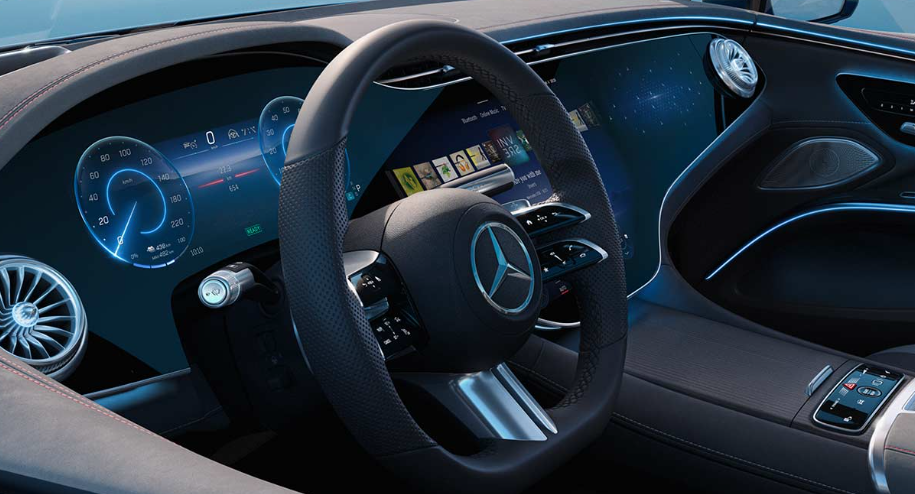
While many Americans are choosing to make the switch to electric, there is still a significant percentage that continue to have misgivings about abandoning gasoline entirely. A Consumer Reports Survey found that more than 33 percent of those interviewed had similar concerns about buying an electric vehicle. The top three concerns were: range, charging logistics, and cost. Let’s look a little closer and address each of these concerns individually.
Range Anxiety With Electric Vehicles
The collective concern regarding how far an electric vehicle can actually go before you need to recharge is known as “range anxiety.” Many consumers worry they will run out of battery power and be stranded before they can access a charging station.
While this was once a valid concern, it is largely irrelevant today. It is true that the US continues to have nearly three times the amount of gas stations as it does charging stations. Right now, there are about 150,000 fuel stops compared to around 48,000 DC fast charge stops. However, the Biden administration has announced plans for the construction of at least 500,000 additional charging stations by 2030.
Drivers on the fence about switching to an EV should also take comfort in the ever increasing range abilities of electric cars on the market today. Most brands get at least 200 miles in range, with some well exceeding 300 or even 400 miles. The 2022 Mercedes EQS, for example, has an impressive range of 350 miles on a full battery. With the largest capacity battery on the market, it also gets some of the best MPGe for a car as tricked out in technology as this one.
Charging Logistics with Electric Cars
Another drawback cited by potential EV consumers is charging logistics: how, when, and where to charge an electric vehicle. How often should you charge, for example? Or, should you fully charge your battery each time?
The exact means of charging your vehicle will vary slightly depending on the model and battery capacity. However, most often, it is simply a matter of charging your vehicle overnight in your garage (with a level 2 charger) and topping up as necessary at a fast charge station on the road. You will have plenty of convenient options for paying for your charge, including through mobile apps or charge cards.
There are fail safes in place to ensure your charging habits do not adversely affect the battery. For example, at fast charging stations, you will charge to 80 percent as a maximum. This is to preserve the integrity of the ionic battery, which will further stabilize when you charge at home.
Price Point Concerns Over EVs
Electric vehicles cost more up front than their fuel counterparts. As of this article, the least expensive electric car is the 2023 Chevrolet Bolt, starting at $26,595. Other models can easily start past $40,000. Tesla plans on raising the price on its 2023 Model This can mean a higher monthly payment for those not buying the vehicle outright.
However, the savings on fuel combined with a sizable federal tax credit (up to $7500) can help to offset the higher price tag. You may also qualify for local state incentives for your first electric vehicle. In Colorado, for example, you can claim an additional $2500 in tax credits on your state return.
Test Drive Mercedes EQS to Try Your First EV
One of the main clinchers for buyers on the fence about buying an electric vehicle is just how fun they are to drive. They are quiet, responsive, and decked out in convenient technology. Stop by the Mercedes Benz of Littleton dealership to test drive one of our incredible EQ vehicles and see for yourself why these cars are worth the switch.


